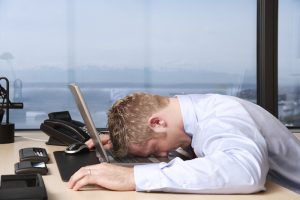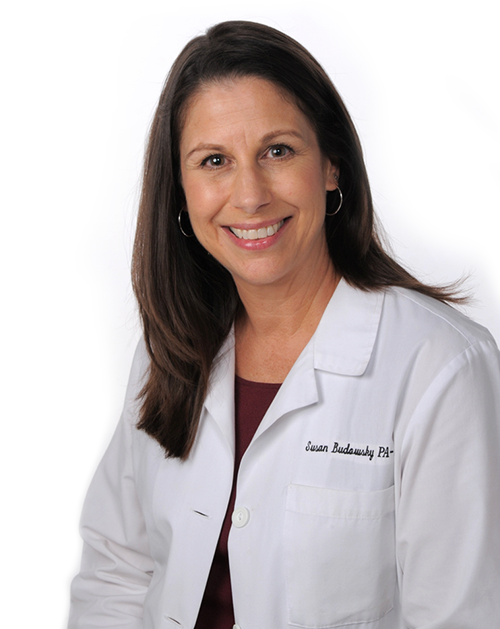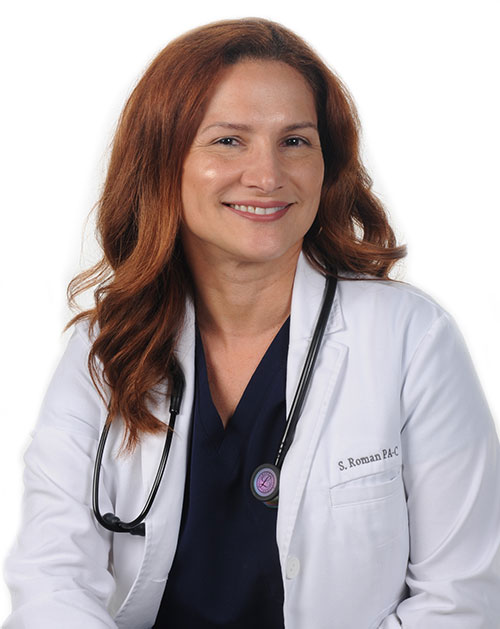By Richard J. Wilbur M.D.
Today, more than ever, people come to me severely distressed because of an inability to sleep. Bankruptcy, job loss, marital problems, drug use, all of these factors and more are contributing to a rise in insomnia. Insomnia is defined as a condition in which you have trouble falling asleep or staying asleep. It is a common health problem. Some people may fall asleep easily but wake up too soon. Others may have trouble getting to sleep. The end result is poor quality sleep that doesnʼt leave you feeling refreshed when you wake up. Most adults have experienced insomnia or sleeplessness at one time or another in their lives. It is estimated that 30%-50% of the general population are affected by insomnia, and 10% have chronic insomnia. More than 80% of insomnia is a symptom or side effect of some other emotional, neurological, or other medical disorder, or of another sleep disorder.
Who is at Risk?
Older people suffer more frequently. Women experience it more than men. People who are at highest risk are… 1) People under a lot of stress. 2) Depressed people or those with other emotional disturbances. 3) People who work at night or have frequent major shifts in work schedule, and 4) People who travel long distances with time changes (jet lag).
Diagnosis:
Diagnosis is based on a medical history, sleep history, physical examination, and rarely if the cause is unclear, a sleep study. The medical history may indicate a new or ongoing health problem (painful arthritis, asthma, heartburn, depression, anxiety or heart failure), personal or work problems, or other stresses. Your sleep history will establish your patterns of sleep and how refreshed you feel during the day. The physical exam will look for signs of other disease and may include blood testing. A sleep study is not routine, but may be obtained if concerns about other sleep disorders such as sleep apnea are present.
Treatment:
The main focus of treatment should be directed toward finding the cause. Once the cause is identified it is important to manage and control the underlying problem, as this alone may eliminate the insomnia. Treating the symptoms of insomnia without addressing the main cause is rarely successful. In addition to treating the underlying cause, both pharmacologic and non-pharmacologic approaches to the insomnia may be helpful. Studies have proven that combining these two approaches is more successful than either one alone.
Non-pharmacologic treatments… called Cognitive Behavioral Therapy, include 1) Sleep hygiene, 2) Relaxation therapy, 3) Stimulus control, and 4) Sleep restriction.
Sleep Hygiene:
- Do not oversleep
- Exercise regularly at least 20 minutes daily, ideally 4-5 hours before bedtime
- Avoid forcing yourself to sleep
- Keep a regular sleep, awakening schedule
- Do not drink caffeinated beverages later than the afternoon (tea, coffee, soft drinks)
- Avoid “night caps” alcoholic drinks before going to bed
- Do not smoke, especially in the evening
- Do not go to bed hungry
- Adjust the room environment (lights, temp, noise, etc.)
- Do not go to bed with your worries; try and resolve them before going to bed
Relaxation therapy:
- Meditation and muscle relaxation
- Dimming lights
- Play soothing music prior to going to bed
Stimulus control:
- Go to bed when you feel sleepy
- Donʼt watch TV, eat, or worry in bed
- If you donʼt fall asleep in 30 minutes, get up and go to another room and resume relaxation techniques
- Set alarm to get up at a certain time, even on weekends.
- Donʼt oversleep.
- Avoid long naps in the daytime
Sleep restriction:
- Restrict your time in bed only to sleep. This may improve quality of sleep.
- Rigid rise time and bedtime are set, and you are forced to get up even if sleepy. This may help you sleep better the next night because of the sleep deprivation the first night.
Pharmacologic treatment:
Often, over the counter remedies which contain antihistamines (Nytol, Sleep-Eez, Sominex, Unison) have been tried before a patient seeks my advice. These may be helpful.
Natural remedies may also be suggested. These include…
- Melatonin: Produced by your body during the dark hours of the day-night cycle. The amount produced decreases with age.
- L-tryptophan and 5HTP: Used in the formation of serotonin. Promotes a sense of well-being and healthy sleep.
- Kava: Used to relieve anxiety and promote sleep.
- Valerian root: An herb with sedative properties. Listed as safe by the FDA.
- Chamomile tea: Sedative properties. Safe.
 Most people who see me for treatment of their insomnia request sleeping pills. These medications are available and may certainly be helpful, but should be used carefully. They include benzodiazepine sedatives, which help relieve anxiety and provide subjective improvement in the quality and quantity of sleep, as well as medications that work differently such as Ambien, Lunesta, and Rozerem. Insomnia is a condition that may cause significant distress. If you or a loved one are suffering discuss it with your personal physician. He may be able to help.
Most people who see me for treatment of their insomnia request sleeping pills. These medications are available and may certainly be helpful, but should be used carefully. They include benzodiazepine sedatives, which help relieve anxiety and provide subjective improvement in the quality and quantity of sleep, as well as medications that work differently such as Ambien, Lunesta, and Rozerem. Insomnia is a condition that may cause significant distress. If you or a loved one are suffering discuss it with your personal physician. He may be able to help.
For more information on how to visit us at one of our locations, call our scheduling line at 954-454-6300.



